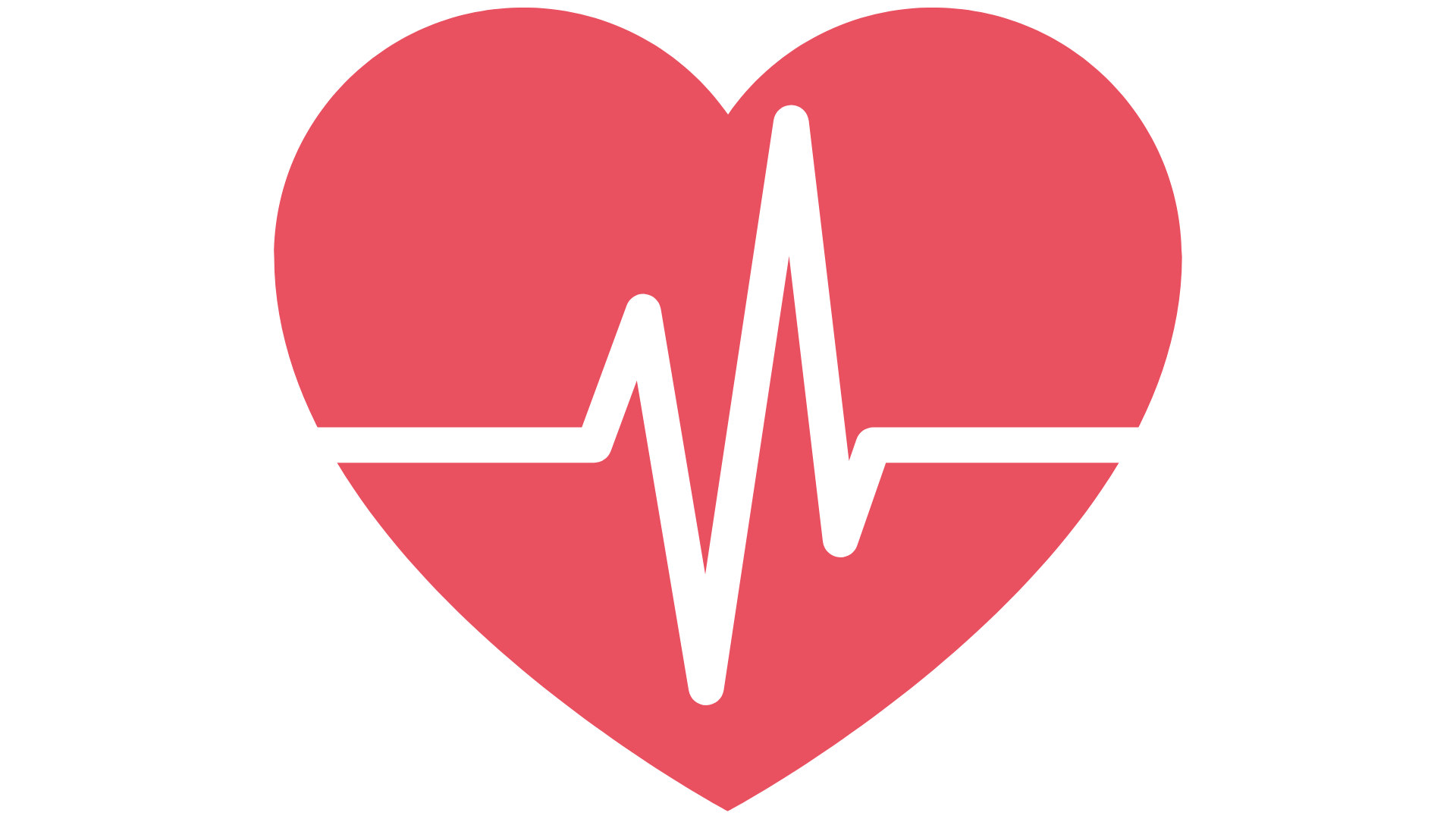

In a world increasingly focused on productivity and performance, managing stress has become essential for maintaining physical and mental well-being.
Among various methods for monitoring stress, the HRV (Stress) Test, based on Heart Rate Variability (HRV), is highly valued in medical and outpatient settings, used by athletes, companies, and health professionals.
What is HRV (Heart Rate Variability) and the HRV Stress Test?
Heart Rate Variability (HRV) measures the time variations between heartbeats. Unlike average heart rate, which only counts beats per minute, HRV analyzes how these beats vary within specific intervals. This provides insights into the function of our nervous system and its ability to handle everyday stress.
Why is HRV monitoring important?
Measuring HRV helps understand the body’s response to stress and monitors recovery levels.
Some benefits include:
How is HRV measured?
A device is applied to the earlobe while the individual sits comfortably, breathing calmly.
Interpreting HRV Stress test results
Understanding HRV data may seem complex, but here are some basic principles:
It’s essential to remember that ideal HRV values vary by individual. Monitoring personal HRV trends over time is often more helpful than comparing to standard values.
How to Improve HRV
To adopt specific strategies, it’s essential to review the HRV test report with a specialist to implement personalized measures tailored to the individual. Here are some general strategies to enhance HRV and boost stress resilience:
Conclusion
The HRV Stress Test is an effective method to monitor your response to stress and manage well-being through advanced, precision-based medicine. Measuring and interpreting HRV offers significant advantages not only for those aiming to improve performance but also for anyone wanting to prevent burnout and maintain a healthy lifestyle while enhancing sleep quality.